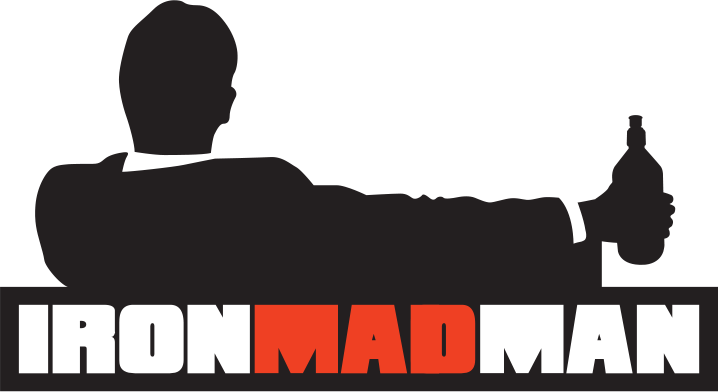Space and Time
/Somewhere amidst all this scheduling madness, I’m supposed to fit my own training.
But we’ll save that for another post.
I returned from my Ironman Arizona coaching trip and Steph rewarded me with a lunch date. We drove along the coast and had a great car ride chat. On the way home after a leisurely and decadent meal, Steph asked me what I learned from my coaching trip.
I thought I knew the answer to that, as I had already analyzed our Good Wolf athlete’s results, put it in context, and could draw some meaningful conclusions.
But I quickly sensed that’s not what she was asking.
What did I learn about myself during my coaching trip?
After some reflection, the answer was apparent. And it was tough to admit.
The big lesson (that is candidly still a work in progress) is this: You can’t convince anyone to feel a certain way until they’re ready to do so for themselves. This is true in life, work, athletics, love…anything.
As an eternal optimist and professional communicator, this is hard to do.
An important role that a coach plays is to see both the proverbial strategic forest AND the tactical trees, practically at the same time. As a result, the coach often can see things from a unique vantage point. Especially when an athlete is immersed in the experience more directly.
Even though we may see something that an athlete doesn’t yet, projecting what you want someone to see for themselves falls somewhere between risky, wishful thinking, irresponsible and futile.
Therefore, as a coach, the best thing to do sometimes is…nothing. All one can do is prepare for the pending conversation…and wait for it to develop naturally.
As a serial “fixer” this is in dire conflict to almost every instinct I have!
Just like athletes learn from race to race, so, too, do coaches.
Those insights can be equally hard to take. And just because we didn’t race 140.6 miles ourselves, doesn’t mean we’re not sore afterwards too.
